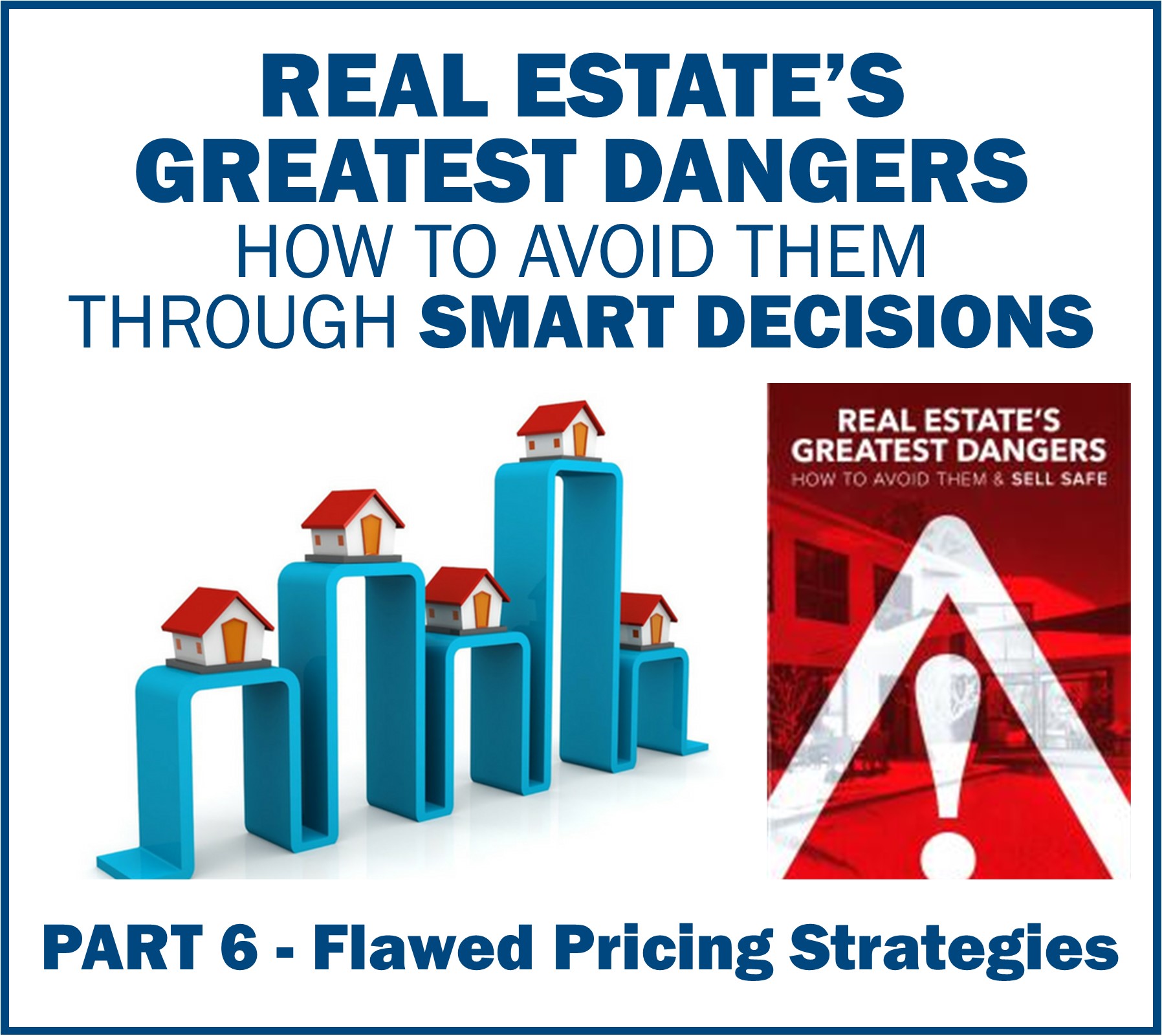Most buyers simply won’t enquire about a product without a price. In relation to property, this figure can be as high as 92%.
Flawed pricing strategies when selling property include “no price”, and “offers above.”
These strategies have a common inception point. An agent recommending any one of these strategies avoids having to discuss a likely selling price with an owner. They simply trot out the classic real estate line: “We can let the market decide”. Furthermore, it provides scope to increase the “improbable lie” as high as possible, giving the agent the best opportunity to win the listing.
Agents often hold out these flawed price strategies as a way of beating the market. But the danger significantly outweighs the potential gain.
“No Price” strategies include “for sale by negotiation”, “For sale by tender” and “Auction”. Products without a price are assumed to be expensive; property is no different. Consider your own reaction. Do you assume products with no price to be expensive?
Most buyers simply won’t enquire about a product without a price. In relation to property, this figure can be as high as 92%.
A property marketed with “offers above” or a large “price range”, permits the agent to quote a low price to the buyer and simultaneously hold out on the notion of a high price to the seller. It’s deceptive on both sides. Buyers invest time, money and energy into a property they can’t afford, and the lowest price quoted in the marketing is often far below what the seller will accept.
A potential buyer can make an under-value offer, legitimized by the marketing strategies of “no Price” or low price indicators. This helps the agent “educate” the seller, reducing their price expectations and thus creating a sale, albeit at a lower price than the owner was originally told and the property was initially listed at.
A key negotiation principle is power. By having no price or underquoting a lower price, sellers are giving away power to potential buyers. To avoid lower selling prices, all negotiation should be started from a position of strength. A genuine asking price close to or at market value allows the seller to hold the power.|
Setting an appropriate asking price attracts genuine buyers willing to pay a fair price. With a willing buyer aware of the seller’s expected price, a sale at or slightly above market value is the likely outcome.
The last word belongs to Shaun Di Gregorio, ex-General Manager of realestate.com.au:
“Be honest about the price you are seeking. In a recent survey by realestate.com.au, 92% of people said they would be unlikely to enquire about a property with no price indication… Similarly, avoid using broad price ranges…”
This article is an excerpt from “Real Estate’s Greatest Dangers – How to avoid them Through Smart Decisions” written by Andrew Trim – Managing Director of the Johnson Real Estate group – To receive a free copy of “8 Questions Smart Home Sellers Ask”, please email mail@goulburnre.com.au and we can post a copy to you or visit our office at 148 Auburn Street.

